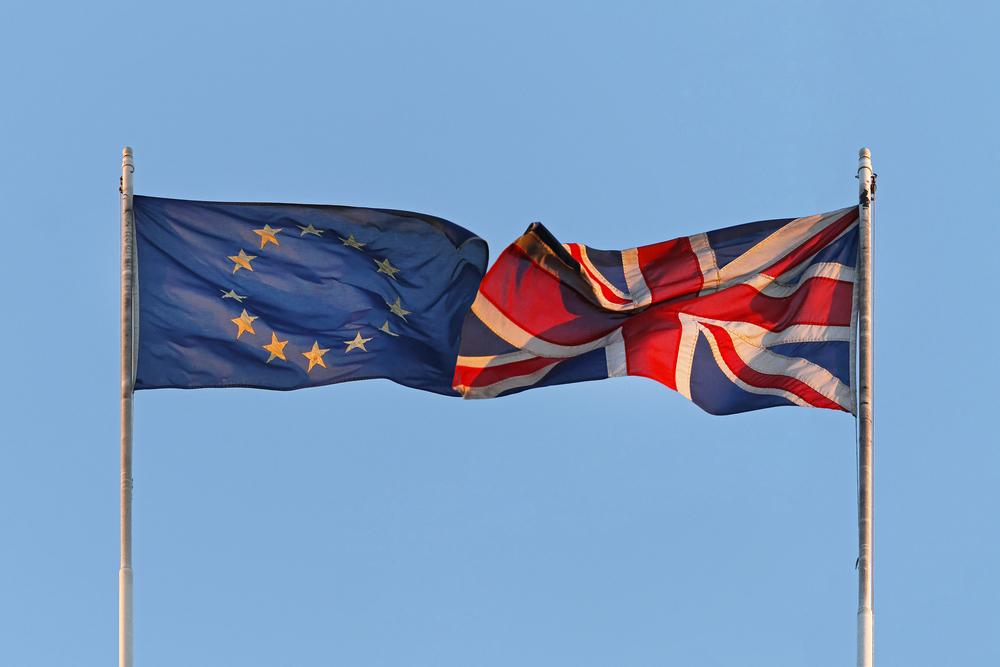UK Businesswomen are less confident about post-Brexit prospects in the UK than their male counterparts, a study has found.
The study conducted by RateSetter Business Finance revealed that of those surveyed, 10 percent of female business leaders believe that Brexit will be positive for their business.
This proved comparatively low to 21 percent polled across male business owners who considered themselves to be positive about future outlook following the UK’s withdrawal from the European Union.
Paul Marston, Managing Director of RateSetter Commercial Finance, commented on the findings:
“Overall, it is clear that small business leaders are not at all optimistic about the impact of Brexit, but we were rather surprised to find such a difference between the views of male and female business people.”
This follows recent research which revealed that gender pay gap was continuing to negatively affect women’s investment abilities.
According to research by Fidelity International, 43 percent of women save into a cash ISA, but only 9 percent invest in a stocks & shares ISA.
The latest figures reveal the gender pay gap in the U.K to be at 18.1 percent.
On average, for women working full time the weekly wage stood at £12.82, 9.4 per cent less than the average of £14.16 earned by men in full time positions.
UK businesses with 250 or more employees are now obliged to publish gender pay gap details, as part of government regulations which came into force bank in April.
The Minister for Women and Equalities, Justine Greening, commented on the measure when it was first introduced:
“We have more women in work, more women-led businesses than ever before and the highest proportion of women on the boards of our biggest companies. This has helped us to narrow the gender pay gap to a record 18.1 per cent – but we want to eliminate it completely.”
Nevertheless, with added pressure on the economy as Brexit uncertainty continues to drive up inflation, women are arguably beginning to feel the squeeze the most.
The government’s Brexit secretary, David Davis, will head to Spain on Tuesday for additional talks after the first round of negotiations with the European Union began on Monday.
In a blow for the government, Mr Davis was forced to concede that the talks would only move on to trade when the EU decided “enough progress” had been made on its three priorities.

